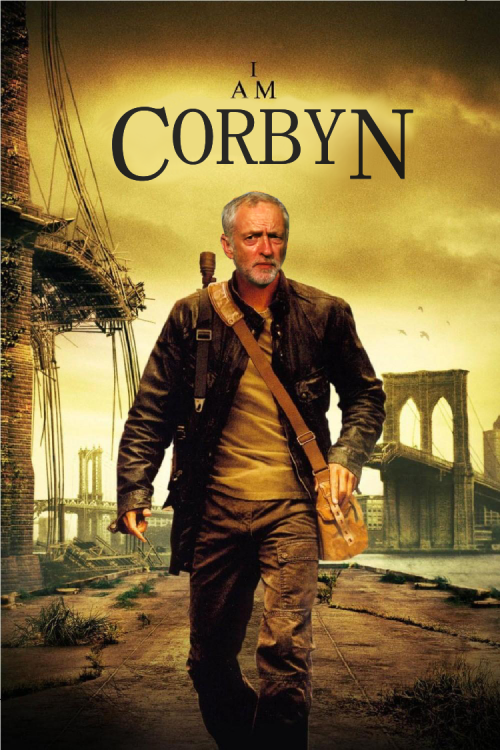‘Media’ matters because it underpins how societies respond to the problems they face. This makes media not only relevant to the most urgent problems of poverty and marginalisation – it makes it critical to solutions designed to address them.
Drama, discussion programmes, public service announcements – can be most effectively used to deliver information and stimulate discussion.
The BBC has been caught once again shilling for the EU and getting handsomely paid for it….The BBC’s Media Action arm is supposedly an independent charity but it, of course, is ‘BBC’ through and through, the staff and values all pushing the same narrative that Big Auntie pushes.
The Telegraph reports that the ‘BBC’ has been paid £9 million to spread the word by training journalists in relevant countries so that they can then become part of the EU friendly propaganda machine. Let’s hope they have more balls than their BBC counterparts who submit to the orthodoxy so readily.
EU bias row as Brussels pays BBC charity £9m
The BBC is at the centre of a new row over bias in its coverage of Europe after it emerged that the broadcaster’s charitable arm has received more than £9 million directly from Brussels.
The charity, BBC Media Action, was paid the money to deliver key parts of the EU’s political strategy in countries on the fringes of Europe.
Senior Tories warned that taking so much money from the EU will undermine the BBC’s reputation for independence when the broadcaster will be reporting on the EU referendum campaign.
Not the first time of course that the BBC has taken the EU shilling, and it didn’t need to be press-ganged to do so…..
BBC: EU grants – the £20 million sting
There was a brief frisson of excitement last week, with the Spectator blog telling us that the BBC had received about £3 million of EU funds between April 2011 and November 2013, most of which has been spent on unspecified “research and development” projects, with the remaining £1 million spent on programming.
This was the fruits of an FOI request, but had the magazine consulted the EU’s transparency website, it might have come up with an altogether more weighty sum – £20,152,022 (€24,435,906) to be precise. That is the sum dispersed to the BBC from EU funds between 2007-2012 inclusive.
And it turned out that the alarmist ‘independent’ BBC film, ‘The Great European Disaster Movie’ (which didn’t tell the real tale of the disasters the EU has imposed upon us) was also funded in part by the EU. Go figure.
We’ve looked at the BBC’s ‘Media Action’ before…it used to be called The World Service Trust and is in essence nothing more than a propaganda weapon, soft power that supposedly spreads democracy but in fact seems to be intent on encouraging dissent and protest on subjects close to the BBC’s heart such as the environment and climate change.
Here is a taste of how important they think the media is in changing population’s minds and behaviour and subsequently how they can influence and pressurise governments and other organisations to submit to their demands….
BBC World Service Trust(where the BBC does not think you are looking…so they print the truth):
- ‘Media’ matters because it underpins how societies respond to the problems they face. This makes media not only relevant to the most urgent problems of poverty and marginalisation – it makes it critical to solutions designed to address them.
- It matters too because it is a critical part of strategies to [alter and control behaviour.]
- The media, and increasingly new technologies, is increasingly how humans communicate with each other.
- How well we communicate with each other has a good deal to do with how successful we’re likely to be in confronting the massive problems we face (and the masses.)
Making informed choices
- Media enables people to access information on issues that shape their lives, without which they cannot make choices.
- Media enables people to hold their governments to account and provides a critical check on government corruption
- Media and communication enables people and communities to understand, debate and reach decisions on the issues that confront them
Media and communication can be immense and powerful instruments for change and empowerment in society
- Media can be an important part of the solution to development challenges. But they can also be a part of the problem
- Media can be used as instruments of oppression, manipulation and hate
- Truth can be distorted as well as illuminated, malpractice hidden as well as revealed.
- The character of a country’s media tends to determine the character of a country’s democracy and society. It underpins how people learn, understand and shape change.
Engaging at high levels to gain influence:
Our initiatives and corresponding audience research seek to engage at four different ‘levels’:
The sector level with policy and decision-makers
The organisation level with state, commercial and not-for-profit entities
The practitioner level with professionals and opinion leaders; and
The individual level with various target audiences
Drama can be a powerful mechanism for development. It can build an emotional connection with target audiences over a period of time, while modelling situations or behaviours….drama, discussion programmes, public service announcements – can be most effectively used to deliver information and stimulate discussion.
Viewers or listeners become attached to characters and share in their experiences, sometimes discussing them with people around them, reflecting on their situations and actions and how they might respond if it were them.
Reinforcing the message
In building a campaign we generally use a range of formats, because they cross-promote one another and reinforce messages. Additional materials – such as posters and comics – may also be used to echo the messages and stories conveyed by other media outputs.


 Ian Katz
Ian Katz 



